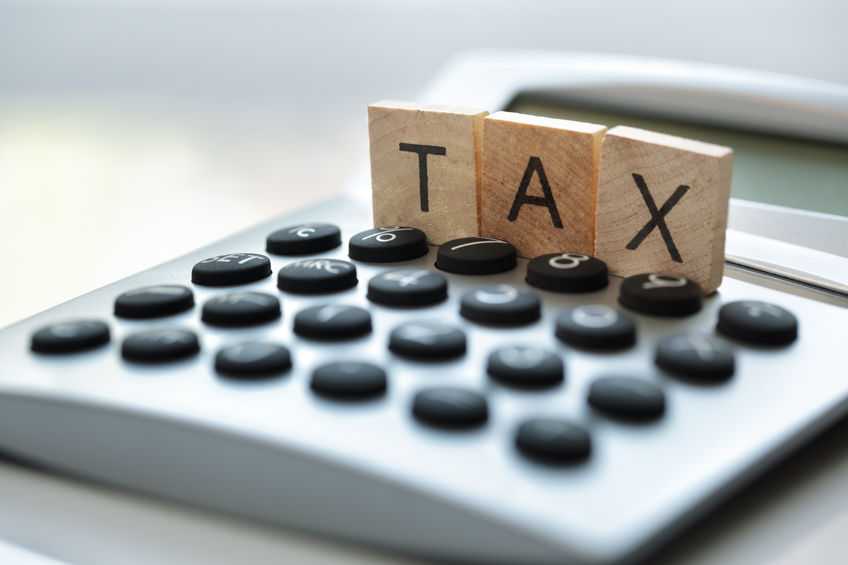
The government's Making VAT Digital will force many farmers and rural businesses to perform a 'quantum leap' in switching from manual calculation to digital software.
The delay to the government’s Making Tax Digital reporting for Income Tax has been well reported.
Making VAT Digital (MVD), however, has been less in the spotlight, but some important announcements were made just before the Christmas break, and a consultation and trial launched.
On 13 July 2017, the government announced that MVD will come into effect from April 2019.
In the rural sector, farming and other rural businesses with turnovers above the current £85,000 VAT threshold will fall within the new MVD regime.
Once in, they stay in, even if their turnover falls below that level at a future date. VAT registered-businesses whose turnover is below the VAT threshold can opt in to MVD if they wish.
What does MVD entail?
Businesses within the regime will need to keep digital records and use MVD compatible software to submit their VAT returns.
Initially there is no change to dates for filing returns or to the nine boxes of information required when submitting the VAT return.
HMRC has said that the system will allow businesses to submit supplementary information should they wish to do so. Businesses will also need to keep digital VAT records to support the VAT returns submitted.
David McGeachy, Head of VAT at UK top 20 Chartered Accountant Saffery Champness says: "One of the biggest challenges will be the switch to compatible software with only around 12 per cent of all businesses currently filing their returns using a software package."
Mr McGeachy said that the switch from manual calculation and reporting is going to require a "quantum leap" for some.
'Develop or adapt'
He added: "MVD should allow HMRC to obtain VAT records data in a digital format that is more easily checked remotely using their existing auditing packages.
"Taxpayers may find VAT repayments and claims delayed if they are unable to provide VAT information in the format prescribed under the MVD rules.
"Commercial providers are expected to develop or adapt their software to enable the submission of VAT return information digitally.
"The current date for MVD reporting to become mandatory is April 2019 - not really that far off - and after that we can probably expect the lessons learned to be applied to Making Tax Digital."
Farming unions have said the plans would require access to digital infrastructure that is not available in many rural areas.
